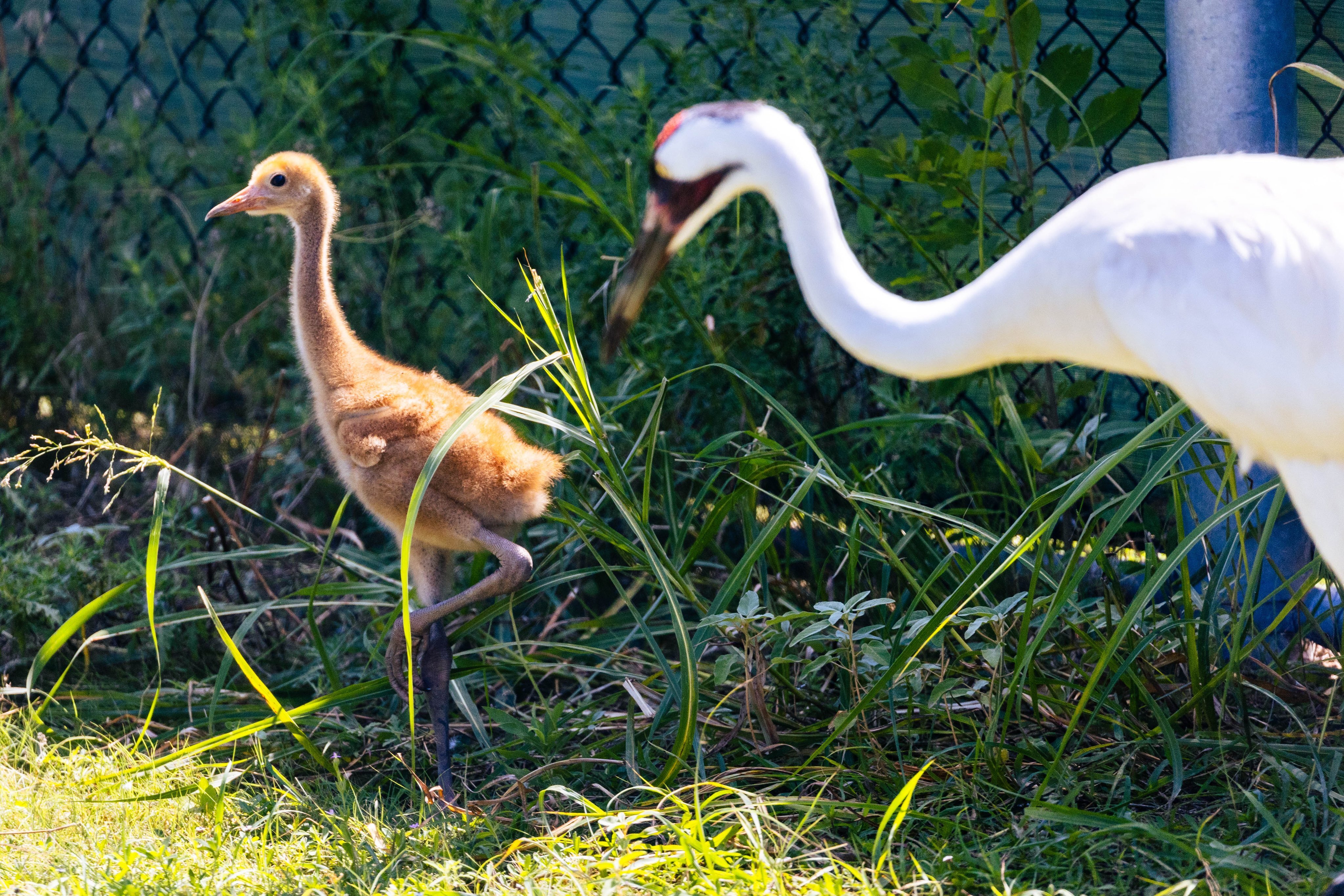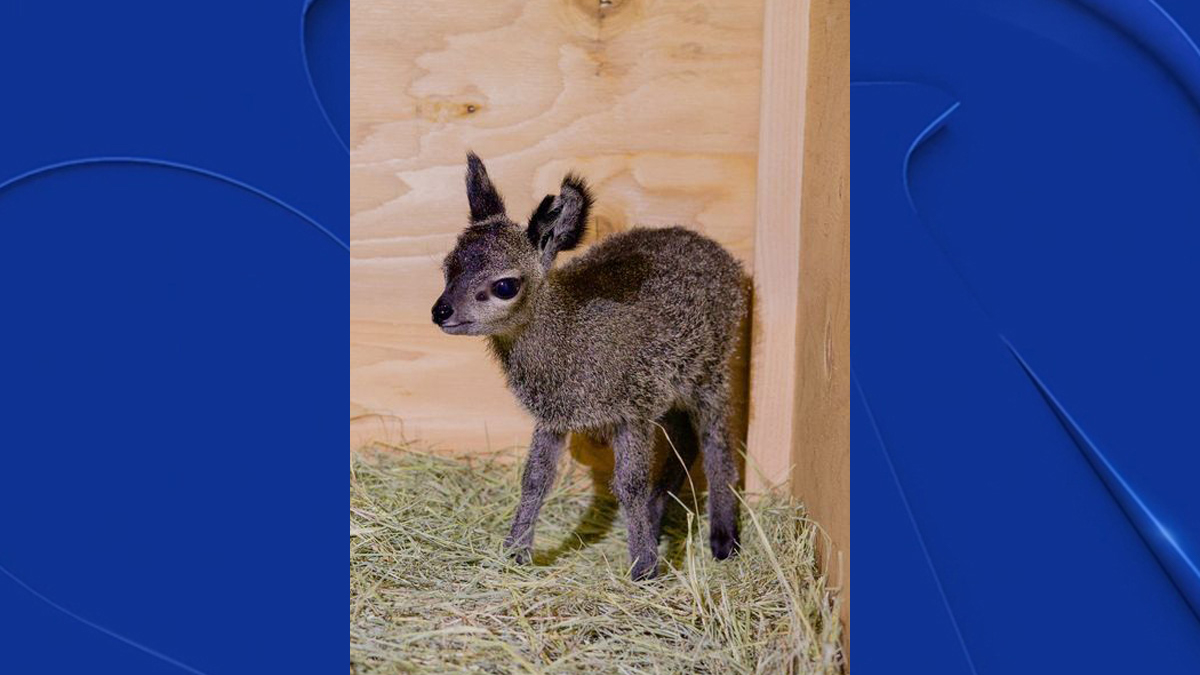
The Dallas Zoo's Whooping Crane Center of Texas (WCCT) successfully released a juvenile whopping crane into the wild population in Louisiana on Sunday, Nov. 12.
In June, the whooping crane egg was picked up from the International Crane Foundation in Baraboo, Wisconsin, and then placed with foster parents Huckleberry and Juniper in Dallas.
The chick hatched on June 10 and was quickly adopted by its foster parents.
Get top local stories in DFW delivered to you every morning. Sign up for NBC DFW's News Headlines newsletter.
Zoologists took special care to minimize human interactions with the chick to ensure the bird did not get attached and could be released later.
The Audubon Species Survival Center in Louisiana took the chick in September where it joined three other whooping crane chicks while they waited for a release date.
In November the four colts were released at the Louisiana Department of Wildlife and Fisheries White Lake Wetlands Conservation Area, bringing the population of whooping cranes in Louisiana up to 85.
About the whopping crane
- Whooping cranes, recognized and named for their loud whooping call, are North America’s tallest bird and one of our most endangered.
- They remain vulnerable to extinction because the rate at which they naturally reproduce in the wild is slow - they are so sensitive to changes in their environment, are relatively slow growing, and can struggle with fertility issues.
- By the mid-1900s, the whooping crane population dropped to a startling low of less than 20 birds because of habitat loss and overhunting.
- Thanks to conservation efforts, more than 500 individuals exist in the wild today – most of which migrate to the Texas and Louisiana coast each fall.
- Despite being a valuable and iconic part of our state’s natural heritage, the whooping crane’s future is uncertain without concerted, ongoing conservation efforts.



